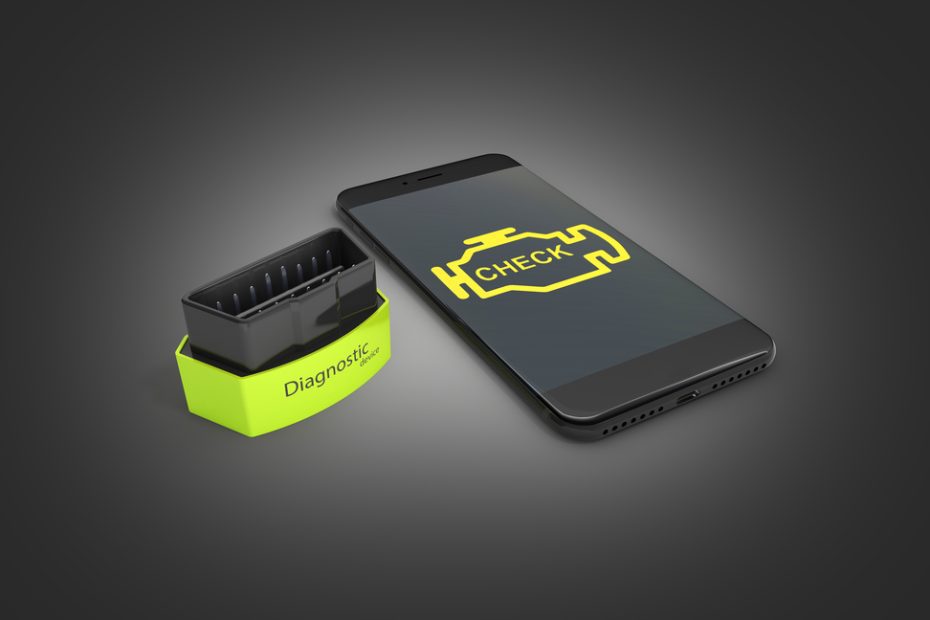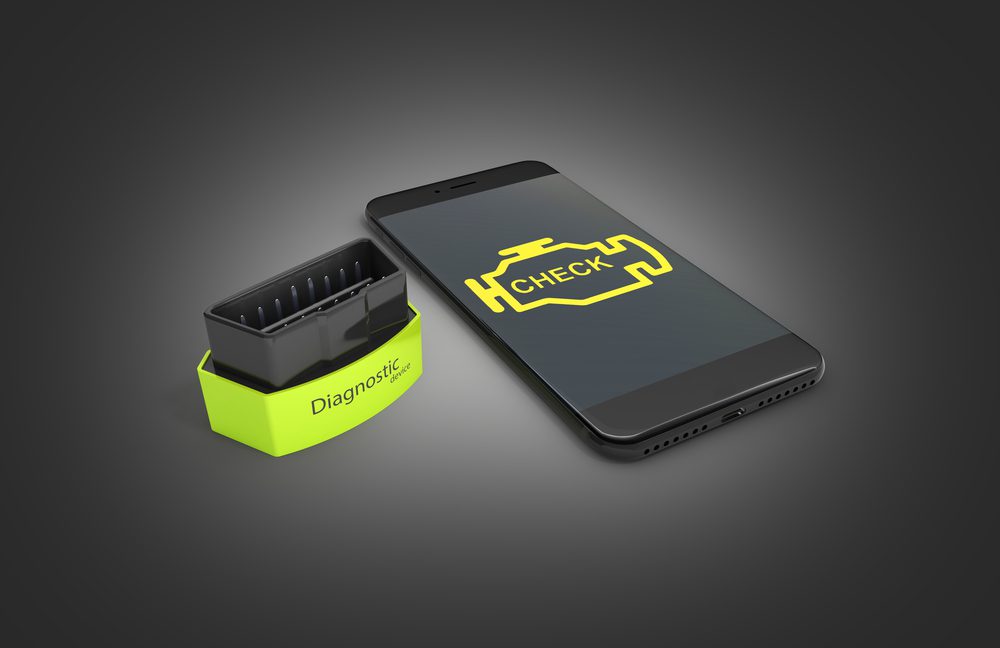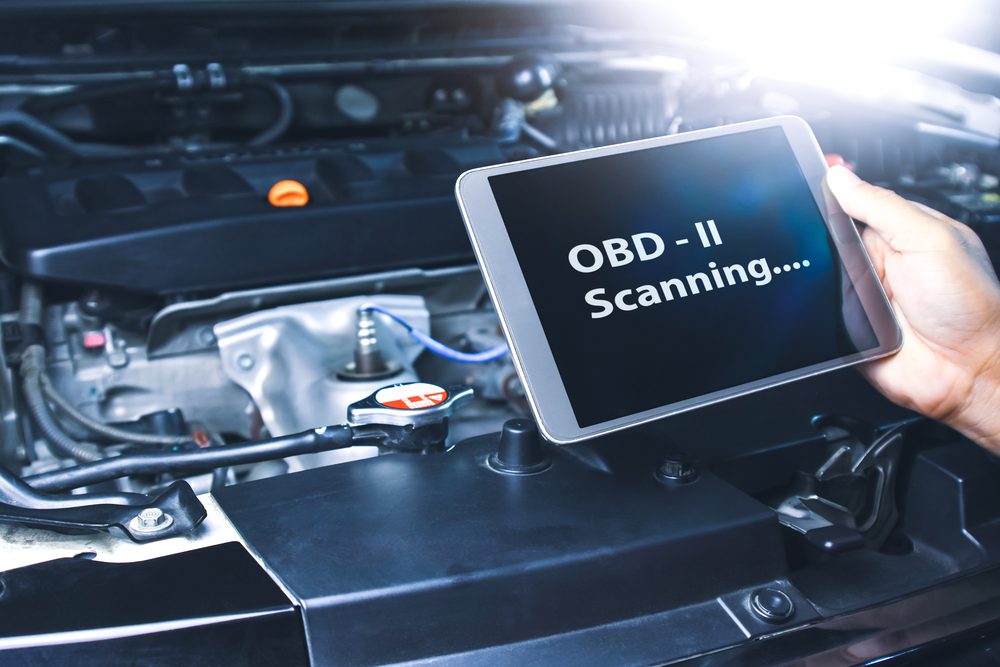Are Cheap OBD Scanners Any Good?
In the world of automotive diagnostics, On-Board Diagnostics (OBD) scanners are essential tools for identifying and troubleshooting issues with your vehicle. These scanners plug into the OBD port of your car and provide valuable information about its performance, including engine fault codes, sensor readings, and more. However, when it comes to choosing the right OBD scanner, you may come across a wide range of options, including cheap ones. So, the question arises: are these cheap OBD scanners any good?
Concise Response
The answer to whether cheap OBD scanners are any good is not a simple yes or no. While some cheap scanners can provide basic functionality and useful insights, they may lack certain advanced features and might not be as reliable or durable as their pricier counterparts. It ultimately depends on your specific needs and preferences.
Reasons to Consider Cheap OBD Scanners
There are a few reasons why you might consider investing in a cheap OBD scanner:
- Affordability: Cheap OBD scanners are typically much more affordable than high-end ones. If you’re on a tight budget or just looking for a basic scanner for occasional use, a cheap option can be a reasonable choice.
- Simplicity: Many cheap OBD scanners are designed with simplicity in mind. They often have straightforward interfaces and user-friendly features, making them easy to use for beginners or non-technical individuals.
- Portability: Cheap OBD scanners are usually compact and lightweight, making them highly portable. You can easily carry them in your vehicle or store them without taking up too much space.
Limitations of Cheap OBD Scanners
While cheap OBD scanners have their advantages, they also come with certain limitations:
- Limited Functionality: Cheap scanners may offer limited diagnostic capabilities compared to more expensive models. They might not be able to retrieve all the detailed information you need to diagnose complex issues.
- Build Quality: Due to cost-cutting measures, some cheap OBD scanners can have subpar build quality. This may result in a shorter lifespan, decreased durability, and potential issues with accuracy over time.
- Compatibility: Cheap OBD scanners might not be compatible with all vehicles or may have limited compatibility with specific makes and models. It’s crucial to check the scanner’s compatibility before making a purchase.
Remember: The quality and performance of an OBD scanner depend on various factors, including its price, brand, and specifications. Just because a scanner is cheap doesn’t automatically make it unreliable or useless.
Choosing the Right OBD Scanner for You
When selecting an OBD scanner, whether cheap or pricey, consider the following factors:
- Features: Determine what features are essential to your needs. Do you require live data streaming, advanced diagnostics, or compatibility with specific protocols?
- Brand Reputation: Research the reputation of the brand producing the scanner. Look for reviews and recommendations from trusted sources to ensure reliability and customer satisfaction.
- Customer Support: Check if the scanner manufacturer offers reliable customer support in case you encounter any issues or have questions about the product.
Ultimately, while cheap OBD scanners can provide basic functionality and be suitable for simple diagnostic needs, they may not offer the same level of performance, durability, and compatibility as their more expensive counterparts. Assess your requirements and budget carefully to make the right decision for your specific situation.
Can OBD2 scanner damage ECU?
The Functionality of OBD2 Scanners
OBD2 scanners are diagnostic tools used to communicate with a vehicle’s Engine Control Unit (ECU). They are designed to retrieve and interpret the data stored in the ECU. This data helps users identify and troubleshoot potential issues with their vehicles’ performance.
Potential Risks of Using Cheap OBD2 Scanners
While OBD2 scanners are generally safe to use, there are some risks associated with using cheap or low-quality scanners. These scanners may lack proper quality control measures or may not meet industry standards, potentially causing damage to the ECU.
Compatibility Issues
Cheap OBD2 scanners may not be compatible with all vehicle models or may have limited functionality. Using an incompatible scanner can result in incorrect data readings or even damage the ECU due to improper communication protocols.
Lack of Accuracy and Precision
Quality plays a significant role in the accuracy and precision of OBD2 scanners. Cheap scanners may provide inaccurate or incomplete diagnostic information, leading to misdiagnosis and unnecessary repairs. Relying on faulty information can potentially harm the ECU if incorrect actions are taken based on that data.
Protecting the ECU
To minimize the risk of damaging the ECU, it is recommended to invest in a reliable and reputable OBD2 scanner. Look for scanners that comply with industry standards, have positive reviews, and offer regular firmware updates to ensure compatibility and accuracy.
Remember, prevention is better than cure when it comes to your vehicle’s ECU.
Using a cheap OBD2 scanner without the necessary quality assurance can potentially damage the ECU, leading to costly repairs or replacements.
When shopping for an OBD2 scanner, consider your specific needs and budget. It is often worth spending a bit more for a scanner that provides accurate readings and ensures the safety of your ECU.
Will any OBD2 scanner work on any car?
When it comes to using an OBD2 scanner, many people wonder whether any scanner will work on any car. The short answer is yes, but there are a few important factors to consider.
Compatibility
While most modern vehicles are equipped with an OBD2 port, it is still essential to ensure that the scanner you choose is compatible with your specific car make and model. Different car manufacturers may use different protocols or communication methods, so it’s crucial to check if the scanner supports the necessary protocols for your vehicle.
Functionality
Not all OBD2 scanners offer the same level of functionality. Some budget-friendly scanners may have limited capabilities and only provide basic diagnostic information, such as reading and clearing error codes. On the other hand, more advanced scanners might offer additional features like live data streaming, freeze frame data, or even the ability to perform advanced diagnostics and programming tasks.
Diagnostic Trouble Codes (DTCs)
Each car manufacturer may have their own set of diagnostic trouble codes (DTCs) specific to their vehicles. While most scanners can read generic DTCs, not all scanners can retrieve manufacturer-specific codes. If you want to access these codes, make sure to choose a scanner that has the capability to retrieve them.
Complex Systems
Modern cars are equipped with increasingly complex systems, including ABS, SRS, and transmission control modules. Some scanners may have limited compatibility or functionality when it comes to reading data from these systems. If you need to diagnose specific systems in your car, ensure that the scanner you choose supports these functions.
In conclusion, while any OBD2 scanner should work on most cars, it is important to consider compatibility, functionality, and the complexity of systems in your vehicle. It’s always a good idea to read customer reviews, compare features, and consult the scanner manufacturer’s website or customer support to ensure you choose a scanner that meets your specific needs.
Conclusion
While not all cheap OBD2 scanners are necessarily harmful, it is essential to exercise caution when selecting one for your vehicle. The potential risks of using a low-quality scanner, such as compatibility issues, lack of accuracy, and precision, can lead to ECU damage if not handled properly. Prioritizing quality and reliability in your OBD2 scanner will go a long way in protecting your vehicle’s ECU and ensuring accurate diagnostics.



